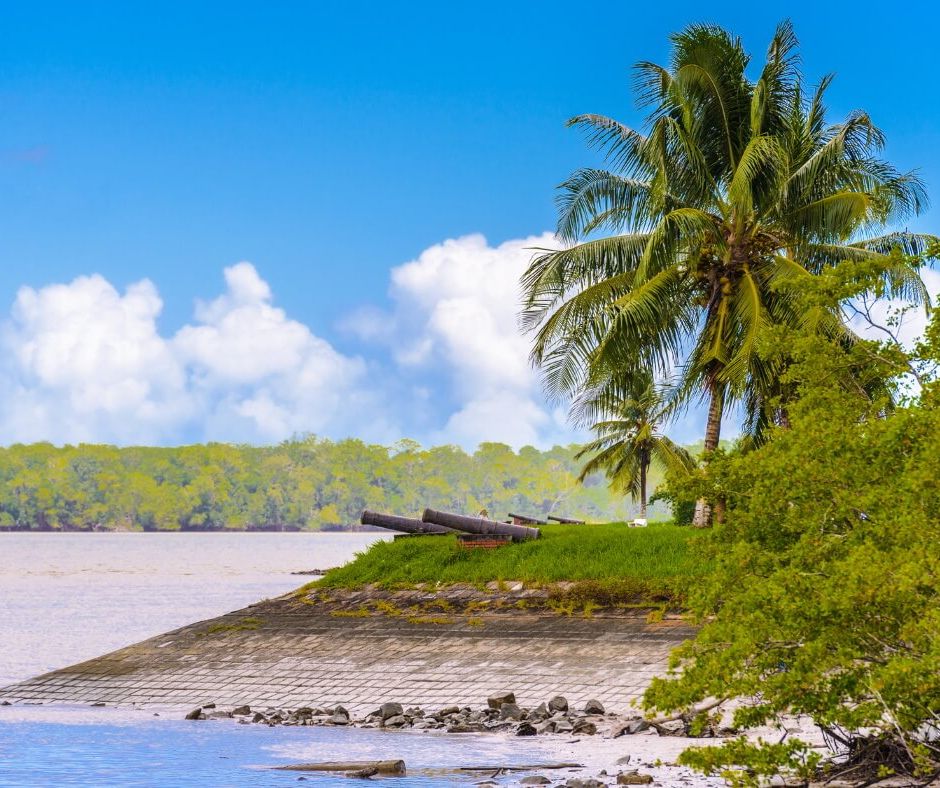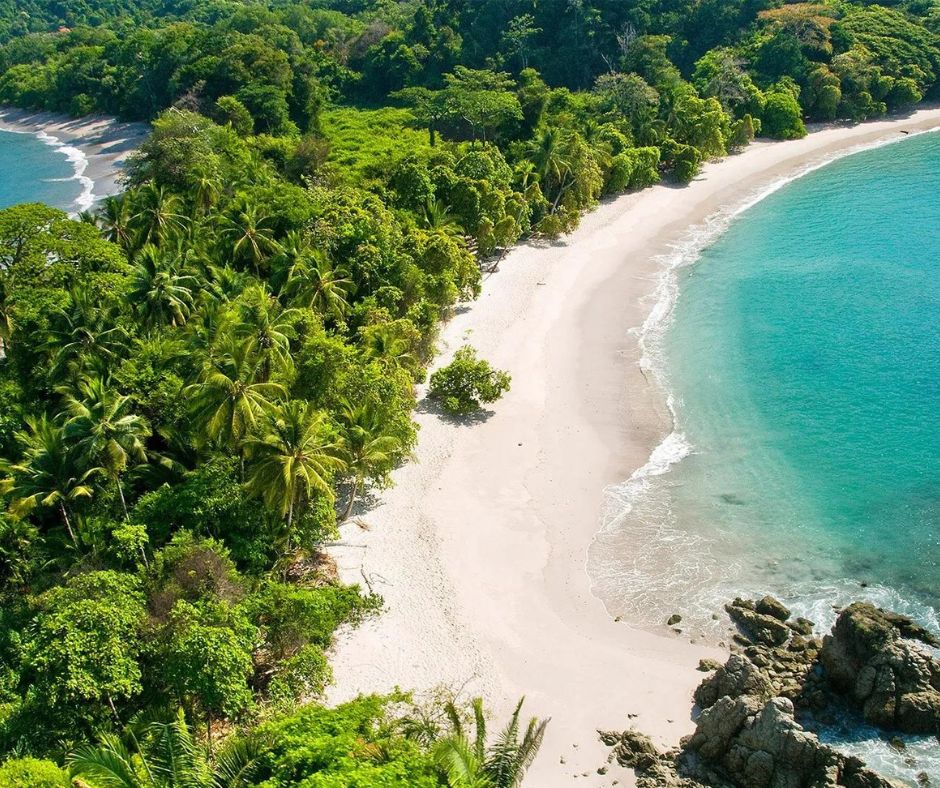In the face of our escalating climate crisis, the pursuit of carbon neutrality has become a global rallying cry. Countries across the globe are racing to achieve this ambitious goal, aiming for a future where greenhouse gas emissions are balanced by their removal from the atmosphere. But as we navigate this complex journey, a crucial question emerges: which countries have already reached carbon neutrality?
While absolute carbon neutrality, with zero net emissions, remains elusive for most nations, a handful have paved the way, achieving remarkable milestones in their emissions reduction efforts. Let’s embark on a global expedition to meet these pioneering nations and explore their inspiring stories:
1. Bhutan: The Himalayan Carbon Sink

Nestled amidst the majestic Himalayas, Bhutan stands as a beacon of environmental stewardship. This tiny kingdom, guided by its philosophy of Gross National Happiness, boasts a carbon-negative status, meaning it removes more carbon than it emits. This feat is largely attributed to Bhutan’s lush forests, covering over 70% of its land area, which act as potent carbon sinks. Additionally, its commitment to renewable energy, predominantly hydropower, further bolsters its sustainability credentials.
2. Suriname: Rainforests and Responsible Resource Management

Suriname, a South American nation adorned with dense rainforests, has also achieved net-zero emissions. Its extensive forestry reserves, coupled with a low population density, naturally absorb significant amounts of carbon dioxide. Furthermore, Suriname has embraced responsible resource management, prioritizing sustainable logging practices and renewable energy initiatives like solar and wind power.
3. Gabon: An African Champion for Conservation

Gabon, situated on the western coast of Africa, stands out as a conservation champion. With over 88% of its land covered by tropical forests, Gabon plays a vital role in global carbon sequestration. Its ambitious national parks network safeguards biodiversity and protects natural carbon sinks. Additionally, Gabon has implemented carbon offsetting programs through sustainable logging and community-based forest management projects.
4. Costa Rica: Green Energy Champion of the Americas

Costa Rica, a Central American jewel renowned for its biodiversity, has been leading the charge in renewable energy. Hydropower, geothermal, and wind energy constitute over 98% of the country’s electricity generation, making it a global leader in clean energy transition. This impressive feat, coupled with extensive forest cover and sustainable agricultural practices, has positioned Costa Rica as a carbon-neutral champion.
5. Panama: Championing Forest Preservation and Green Shipping

Panama, renowned for its iconic canal, is on a path to carbon neutrality. The country boasts extensive forests and protected areas, acting as vital carbon sinks. Additionally, Panama is actively pursuing renewable energy sources like hydropower and solar. Furthermore, its commitment to green shipping initiatives, including low-sulfur fuel regulations and port electrification, further strengthens its green credentials.
Beyond Carbon Neutrality: A Collective Responsibility
While these pioneering nations inspire us with their achievements, their stories serve as a reminder that reaching and maintaining carbon neutrality is a continuous process. Continued investments in renewable energy, sustainable infrastructure, and responsible resource management are crucial for all nations to contribute to a healthier planet.
The road to a carbon-neutral future is fraught with challenges, but the stories of these pioneering nations offer a glimpse of hope. By sharing their knowledge, adopting their best practices, and fostering international collaboration, we can collectively navigate this transformative journey towards a sustainable future for all.
